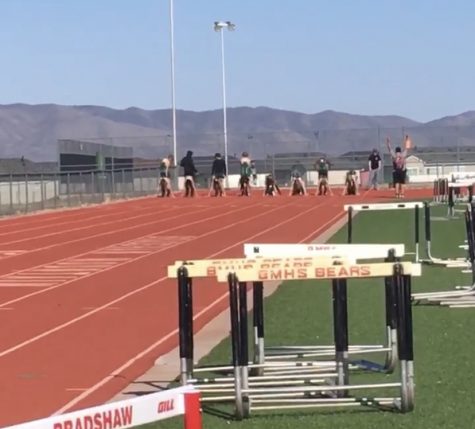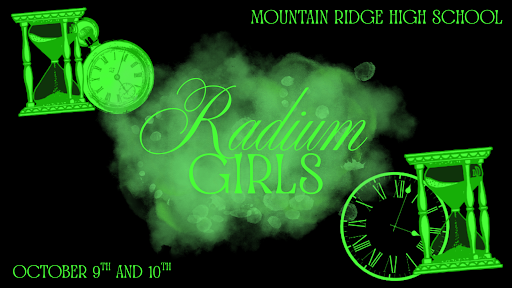At the Fire
April 8, 2021
You’re getting ready to explode out of your blocks at your track meet and your adrenaline is skyrocketing. You jump up and down to warm up your muscles and you crawl into the blocks. You rock side to side to settle into position and you are about to begin! You’re ready! You’re set! Gun fire!
The sound of the gun is what makes the runners begin. But how long does it take for the brain to process a sound like this? Is it different for everyone?
At my first track meet, I was so nervous I wouldn’t have a good reaction time to the gun going off. This was one of the biggest things I was worried about. I would ask myself:
“What if I don’t hear in time?”
“What if I’m not ready when it goes off?”
There is a series of events that occurs during a big race. The gun is fired, the sound reaches the ear, the sprinter makes up the sound and realizes it’s time to run, and the sprinter begins to run.
Everyone has a slightly different reaction time, and for an athlete in track, the distance between them and the gun makes a very small difference.
The speed of sound in air travels approximately around 332 meters per second. This is around 761 miles per hour or 1100 feet per second. Depending on the distance from a person to the sound the time it takes to reach a person will vary.
Someone who is in lane 1 on the track will hear the gun go off before someone who is in lane 8. They are closer to the sound and, therefore, the sound waves will travel to them faster. Not everyone has the same reaction time, however. According to “Reaction Times and False Starts”, Surin Bruny was the closest athlete to having a perfect reaction time.
Top athlete’s reaction times are anywhere between 0.12 and 0.16 seconds. Bruny’s time was .101 seconds.
“It can take 150 milliseconds longer for sound to travel from the starter’s gun to runners in the outside lanes in races such as the 4 x 100 meter relay, where the runners’ starting positions are staggered,” claimed Bob Holmes, writer for New Scientist.
The amount of time an athlete hears the gun fire in lane 1 isn’t that much of a difference from lane 8. Although the sound hits the athlete in lane 8 just a few tenths of a second later, the faster person will always win. Some argue that it isn’t fair having the very small delay in time but in the end, the better athlete will win.
The delay within the sound is so small that it doesn’t have a huge impact on the race. Having a bad start or not sprinting through the finish line will make a difference but not the speed of sound. So, at the end of the day, if you’re the faster sprinter, you will win.






